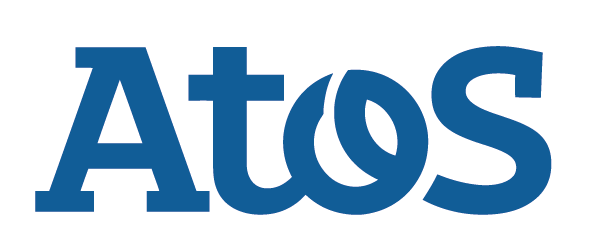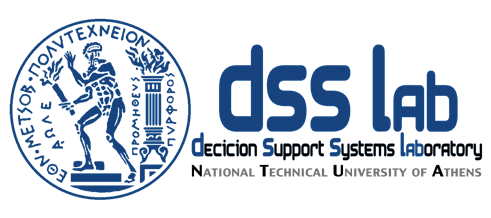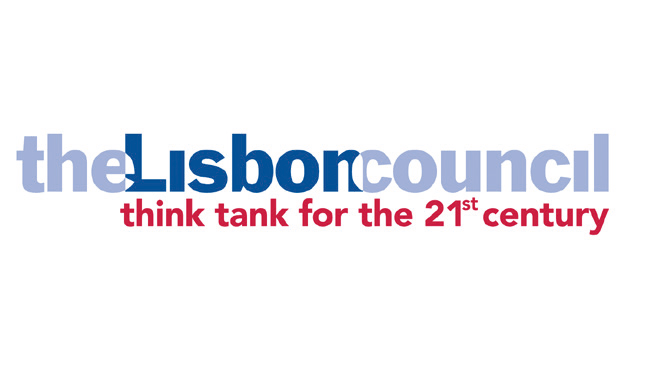Conceptual trends
IT Consolidation in the Public Sector
The goal of IT consolidation is to simplify and modernise the IT infrastructure in order to increase IT security, data protection and IT controllability. For example, central IT service centers with a strong focus on the service aspect are being set up and modern infrastructure platforms are being shared. The IT consolidation creates a basis for successful digitization. [1][2]
Talent Management
In times of demographic change and a shortage of skilled workers, it is particularly difficult to find suitable personnel – this also applies to the public sector. Talent Management is of strategic relevance, refers to the anticipation of required human capital for an organization and aims to get “the right person in the right job at the right time”[1]. With the help of talent management, competitive advantages and long-term organisational success can be promoted.
Once Only
Until now, it has usually been the case that documents have to be submitted in every authority, i.e. it is always the same information that is passed on to the authorities. This procedure is paper-based and involves a great deal of effort.
Scenario analysis
Scenario building is an analytical method to make forecasts. Alternative scenarios of the future can be described as well as the different ways that lead to these scenarios. You can differ best case, worst case and trend scenarios. Scenarios illustrate possible futures in connection with causal processes with the aim of sensitising for possible future events. In Contrast to forecasts or predictions, scenarios allow uncertainties and should be seen as an estimation for future developments in preparation for decision-making, which supports strategic planning considerations. [1][2]
Lean Approach
Core idea of the lean approach is to maximise customer value and to focus on its key processes in order to continuously increase it through an optimum value creation process that has zero waste.
Lean thinking changes the focus of management from optimising separate technologies, assets, and vertical departments to optimise the flow of products and services through entire value streams that flow horizontally across technologies, assets, and departments. [1]
Evidence-based Policy
Evidence-based policy refers to policy decisions that are informed by objective evidence. Without evidence, policy-makers need to fall back on intuition, ideology, or conventional wisdom.
Originally, the concept has evolved in the medicine, encompassing the toolbox of quantitative experimental methods such as randomized controlled trials or quasi-experimental trials to support medical decisions.
Data Philanthropy
Data philanthropy is a kind of strategic partnership between private and public sector in which private companies donate data as a valuable resource for public benefit, i.e. for humanitarian, corporate, human rights, and academic use. [1]
However, there are numerous challenges to be mastered, such as competing tensions on data control and ownership, personal data protection and the lack of adequate frameworks for coordination and governance. [2]
Glocalization
Glocalization is an artificial word combining Globalization and Localization. It is a practice of conducting business according to both local and global considerations. The process allows integration of local markets into world markets in a business context. [1]
The concept can be transferred into a public sector context in the way that local levels of government need to be considered in higher-level policies.
Data Literacy/ Data Literacy Education
Data literacy is about the ability to handle data. It includes competences to collect, manage, evaluate and apply data in a critical manner. The public sector struggles with the growing skills gap, since data has become a central issue in our working environment, and the ability to understand and master the huge amounts of data available to the organisation is a key challenge. Key to this is establishing a culture of data literacy, meaning employees at all levels can access and have the ability to read, work, analyse and argue with data.
E-Governance
Governance is a term that has a quite broad context and means in its core to shape or design areas of life. E-Governance (Electronic Governance) is devoted to the challenges of shaping life areas in face of digital revolution and information era and affects all sectors encompassing the public, private and civil sector. It also affects communication and exchange between the sectors.




